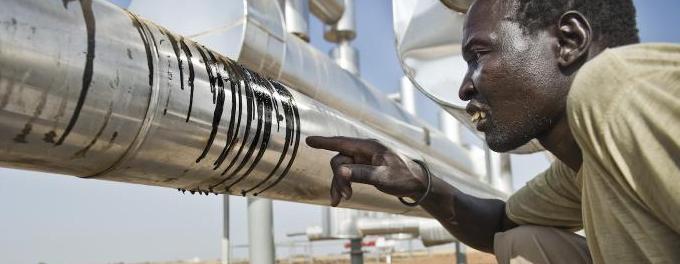Solidarity Peace Trust Releases Zimbabwe new report: “Hard Times” Matabeleland: urban deindustrialization – and rural hunger

Solidarity Peace Trust issued the following press release concerning their latest indepth Report on the situation in rural Matabeleland and Bulawayo. The full report is available to download at the link below:

“Nationally, Zimbabwe is more food secure at the end of 2011 than it has been for several years. However, parts of Zimbabwe suffered serious crop failure earlier this year and a million people are still predicted to need supplementary feeding. In Gwanda, Matabeleland South, the authors found that almost half of households indicated a day without food in the recent past. Only 17% of families reported eating three meals a day, meaning that 83% of households were, weeks before the onset of the official “hungry season in October”, already making food compromises daily. Grazing is critical, and people are traveling further to find water. This has been one of the hottest Octobers on record. Several families reported that baboons were killing and eating young goats and chickens, as the hunger now affects all living creatures in this area. Several families had no livestock left at all, not even one chicken.
Of concern by the end of October, is that supplementary feeding has not yet started, nor has the distribution of seed, yet the first rains have arrived. If people are to avoid yet another season of crop failure, there is an urgent need for free agricultural inputs to roll out now. Furthermore, many families are in desperate need of food now.
Deindustrialization in Bulawayo
This hunger – already so extreme ahead of the recognized “peak hunger season” that officially lasts from October to February – is taking place at a time when Bulawayo, traditionally the source of employment and resources for Matabeleland, has seen a cataclysmic loss of jobs in industry in the last two years. This means that part of the greater support system for rural Matabeleland is highly compromised. The report traces the recent economic history of the region, and efforts to regenerate industry.
Deportations
As deportations from South Africa gain momentum, the 17% of rural families that receive monthly remittances stand to lose this little extra means of support. All families with members in the diaspora will have extra mouths to feed during the hungriest months of the year, as or when the deportees return. Deportees to Zimbabwe have little likelihood of finding formal, productive employment and will merely exacerbate the plight of struggling households.
In addition to recommending urgent provision of both food and seeds, the authors make recommendations that include the following:
- The grinding poverty of many rural Zimbabweans needs to be a priority with government and with the international community: there is a need to urgently address matters of economic development, as food handouts cannot be a permanent solution.
- It is therefore imperative for the SADC facilitation to proceed with greater urgency in order to facilitate a more constructive dialogue with the donor countries over more substantive development assistance, even during this interegnum phase of the GPA.
- Civil society in Zimbabwe needs to include the social and economic rights of all Zimbabweans on their lobbying agendas, broadening their current focus from human rights and political rights.
- The recommendations made to Cabinet to promote the recovery of industries in Bulawayo, need to implemented speedily in order to regenerate some of the 20,000 jobs lost there in the last two years.
- The Government of South Africa should reconsider its policy of renewed deportations of Zimbabweans, which is poised to exacerbate poverty and hunger in many parts of Zimbabwe.”
“Hard Times” Matabeleland: urban deindustrialization – and rural hunger is available in pdf format on our website (3.1MB). Please visit this link to download the report.
Rights reserved: Solidarity Peace Trust http://www.solidaritypeacetrust.org/1122/hard-times/ for this report
This article can be cited in other publications as follows: Solidarity Peace Trust (2011) “Hard Times” Matabeleland: urban deindustrialization – and rural hunger. Durban: Solidarity Peace Trust
For requests for interviews, please email
Selvan Chetty: [email protected]
Shari Eppel: [email protected]
Brian Raftopoulos: [email protected]







cialis tablets cialis alternative
cialis dosage cialis 20 mg